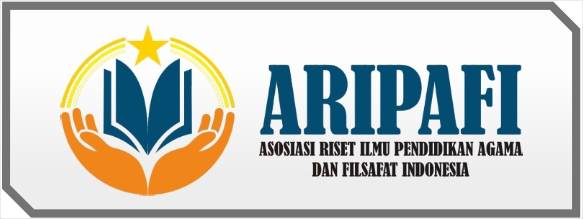Hawa Nafsu Manusia dalam Perspektif Islam : Pengaruh terhadap Perilaku
DOI:
https://doi.org/10.61132/reflection.v2i2.647Keywords:
desires, human behavior, self-control, morals, psychologyAbstract
Lust is a fundamental element in shaping human behavior. As an emotional and biological impulse, lust influences a variety of individual actions, both consciously and unconsciously. This study aims to explore the impact of lust on human behavior from a social, psychological, and moral perspective. With a qualitative approach, the study involves in-depth literature analysis as well as structured interviews with purposively selected respondents. The results of the study show that lust has a major impact on individual decision-making, social interaction, and moral tendencies. The ability to control lust can improve the quality of positive behavior, while failure to control it often leads to destructive behavior, such as aggression or abuse of authority. The study highlights the importance of character education and strengthening spiritual values to help individuals manage lust effectively to reduce the impact of .References
Abdusshomad, A. (n.d.). Penerapan sifat qanaah dalam mengendalikan hawa nafsu duniawi.
Arifin, I., Veganesa, A., & Cahyani, P. N. (2022). Kriteria joget tiktok yang dianggap wajar dalam perspektif etika publik dan norma-norma Islam. Al-Mutharahah: Jurnal Penelitian Dan Kajian Sosial Keagamaan, 19(1), 101–108. https://doi.org/10.46781/al-mutharahah.v19i1.451
Bila, S., Nada, K., Novita, N., Hafizah, N., Wismanto, W., & Azzahra, N. (2024). Pengaruh penggunaan media sosial terhadap akhlak siswa madrasah ibtidayah. 2, 266–275.
Dewianti, A. F., Gimri, F. D., & Marfina, E. N. (2024). Analisis urgensi pendidikan akhlak berkarakter dalam membangun keluarga bahagia. 3, 154–167.
Hayati, P., Massaid, F., Azzahra, E. S., & W. (2024). Analisis bentuk akhlak kepada teman dan tetangga berdasarkan. 2(3).
Hudi, I. (2021). Pengaruh pengetahuan moral (moral knowing) terhadap perilaku/perbuatan moral (moral action) pada siswa SMP Kota Pekanbaru berdasarkan pekerjaan orang tua. Jurnal Pendidikan Tambusai, 5(3), 6671–6674. https://www.jptam.org/index.php/jptam/article/view/2029 https://www.jptam.org/index.php/jptam/article/download/2029/1788
Raihan, Z., Hasanah, D. P., Kartika, W. Y., & Lidyazanti, W. (2024). Dampak media sosial terhadap akhlak di era globalisasi. 2, 301–315.
Ramadhani, W. A., Aini, N., Tulhusni, Z., & Fakhlef, S. (2024). Dampak perhatian orang tua terhadap perkembangan akhlak anak. 2, 276–289.
Wismanto, W., Saputra, M. R., Sabila, T. A., & Hakim, A. L. (2024). Membentuk kepribadian Muslim peserta didik melalui pendidikan berbasis akhlak. 3(1).
Yusron, M. A. (2022). Al-Qur’an dan psikologi: Memahami kepribadian manusia perspektif Al-Qur’an. Tafakkur: Jurnal Ilmu Al-Qur’an Dan Tafsir, 3(1), 82–99.













